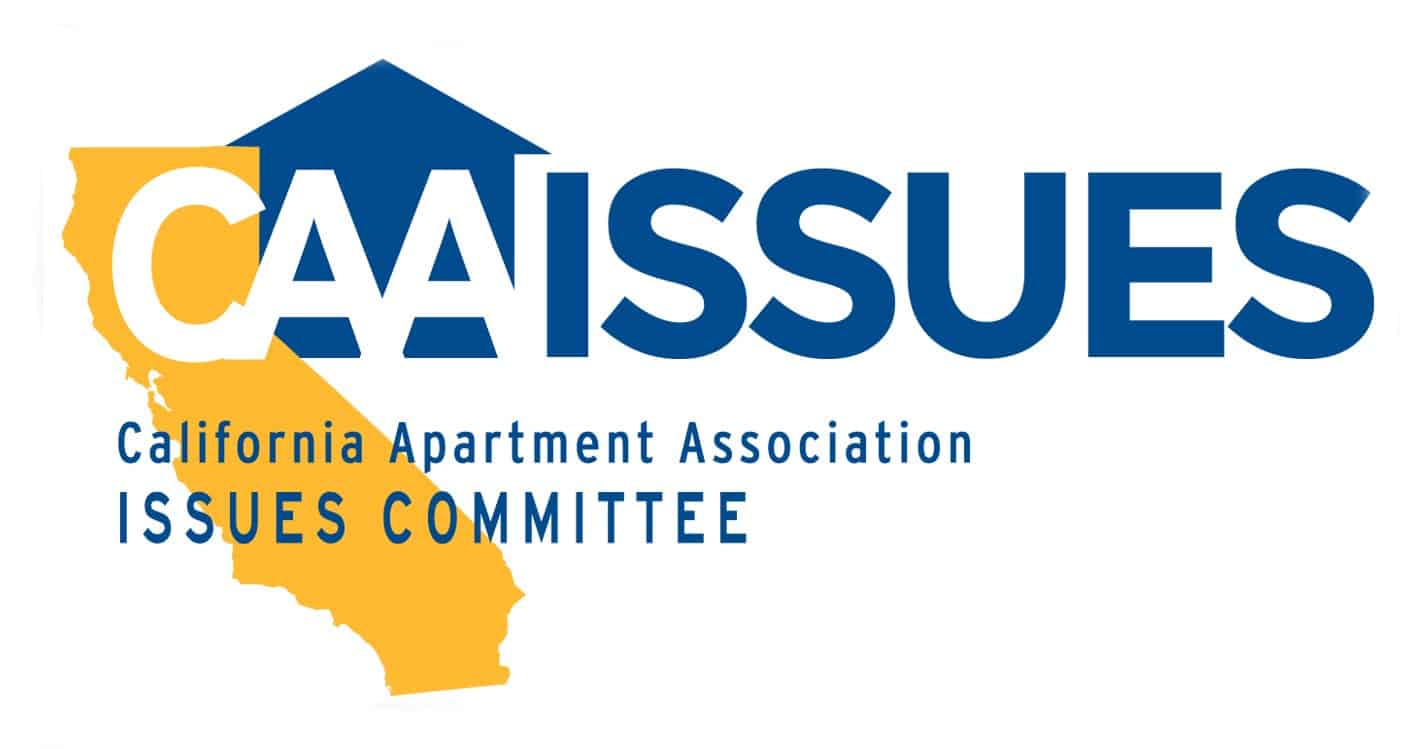A newly released paper by a UC Berkeley economist explores how repealing the Costa-Hawkins Rental Housing Act could drive down property values and erode tax money for school districts and local communities.
The paper, “The Case for Preserving Costa-Hawkins: How Rent Control Reduces Property Values, Hurts Small Businesses and Limits State and Local Tax Revenue,” was authored by Kenneth T. Rosen, chairman of UC Berkeley’s Fisher Center and chairman and founder of Rosen Consulting Group.
If California voters approve Proposition 10 and overturn Costa-Hawkins in the Nov. 6 election, cities and counties will once again be authorized to adopt extreme forms of rent control, including the imposition of rent caps on new apartments and single-family homes.
“If Prop. 10 passes and cities expand rent control, the potential decline in apartment property values is in the 10 percent to 35 percent range,” said Rosen, as reported in a news release from the No on Prop 10 campaign. “School districts across the state, which rely heavily on property tax revenue, could lose hundreds of millions of dollars per year.”
Rosen’s new report is the fourth in a series of papers examining the impacts of rent control and the importance of keeping the Costa-Hawkins Act in place.
This latest paper details the numerous, unintended negative consequences likely to result if Costa-Hawkins is repealed.
If cities adopt stricter forms of rent control, here are some likely major impacts:
- A significant drop in apartment property values
- Deferred maintenance on existing properties and a deterioration in housing quality
- Lost revenue that will squeeze thousands of small mom-and-pop businesses
- A decline in state and local tax revenue that will limit funding for school districts and strain city and county budgets.
Related content:

